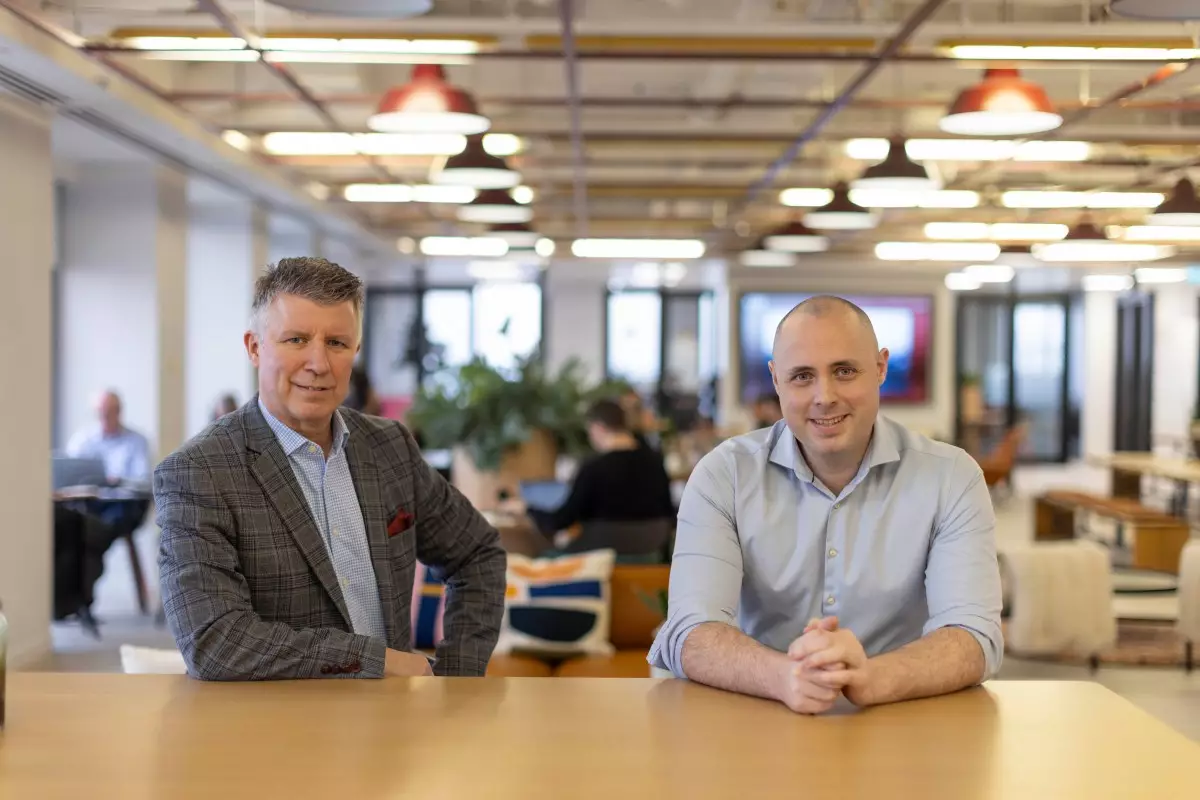Artificial intelligence (AI) presents a perplexing challenge for businesses today. On one hand, organizations that delay AI adoption risk falling behind competitors who leverage these technologies for enhanced productivity and innovation. On the other hand, rushing into AI implementation without adequate oversight can expose companies to significant risks, including data breaches and erroneous decision-making processes. These conflicting pressures have spawned a wave of startups focused on providing robust security frameworks specifically tailored for AI systems. The emergence of firms such as Mindgard exemplifies the urgent necessity for effective AI risk management.
As businesses increasingly rely on AI tools, understanding the cybersecurity implications becomes imperative. The vulnerabilities intrinsic to traditional software also extend to AI, particularly given its dependency on complex algorithms. Experts in the field are now recognizing that threats distinctive to AI, such as prompt injection and data poisoning, require a unique approach to cybersecurity. Companies are no longer just required to adopt AI; they must also shield themselves against the threats that come with it.
Peter Garraghan, co-founder and CEO of Mindgard, emphasizes that AI’s opaque mechanisms underpin the need for specialized security solutions. The “black box” nature of neural networks makes it challenging to anticipate how AI systems might react in real-world situations. Consequently, this unpredictability highlights the importance of a proactive security strategy, mandating frequent assessments and adaptations as AI technologies evolve.
Mindgard’s innovative approach to addressing these challenges is centered around a concept called Dynamic Application Security Testing for AI (DAST-AI). This methodology focuses on identifying vulnerabilities present during the runtime of AI systems, which can otherwise be overlooked in static assessments. By implementing continuous and automated red teaming—a strategic practice that simulates possible cyberattacks—Mindgard equips organizations with the tools necessary to scrutinize the resilience of their AI models effectively.
For instance, adversarial testing against image classifiers allows companies to assess the limits of their systems, ensuring that they are immune to manipulative inputs that could lead to disastrous outcomes. It is precisely this combination of expertise and technology that positions Mindgard at the forefront of a rapidly evolving sector.
A notable strength of Mindgard lies in its close ties to Lancaster University. The collaborative relationship provides a continuous influx of innovative research and development, vital for keeping pace with the fast-moving landscape of AI threats. Garraghan has expressed optimism about the ability to leverage this academic partnership, as the company gains ownership of intellectual property generated by 18 doctoral researchers, elevating its technological edge.
This symbiosis between industry and academia facilitates the creation of solutions that are not only cutting-edge but tailored to meet the nuanced demands of AI security. Other companies in the space may lack such access to rigorous research, positioning Mindgard uniquely in a market full of generic offerings.
While maintaining strong ties to research, Mindgard is also firmly focused on commercial viability. The company operates as a Software as a Service (SaaS) platform, providing scalable solutions that cater to a diverse client base, including enterprises, red teams, and emerging AI startups seeking to bolster their security frameworks. The recent fundraising of $8 million, led by .406 Ventures, is a testament to the market’s confidence in their business model and the potential for future growth.
With a workforce currently numbering 15, Mindgard plans to gradually expand its team to between 20 and 25 by the end of 2024. Keeping the engineering and R&D sectors based in London while also reaching out to the lucrative U.S. market sends a clear message: Mindgard is committed to providing top-tier AI security solutions that reflect global demands and best practices.
As companies grapple with the dual dilemmas of AI implementation and security, the reality is that effective risk management is no longer optional; it is a necessity. Startups like Mindgard are stepping up to fill the security gaps, providing essential tools and services that integrate research-driven insights with practical applications. The future of AI holds both unprecedented opportunities and challenges, and organizations must navigate this complex terrain with vigilance and foresight. Ultimately, making informed choices today will lay the groundwork for sustainable success in the AI-driven tomorrow.

